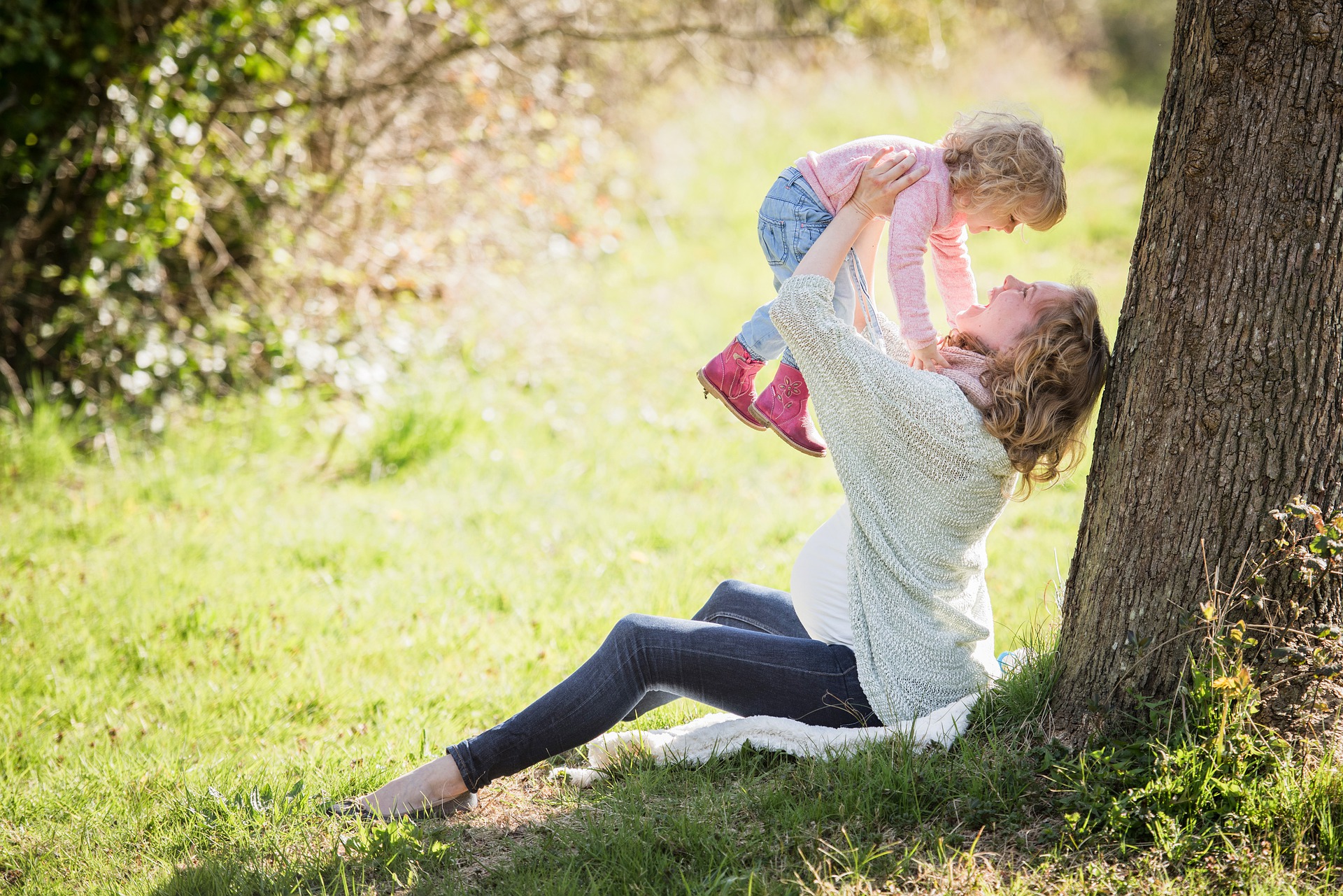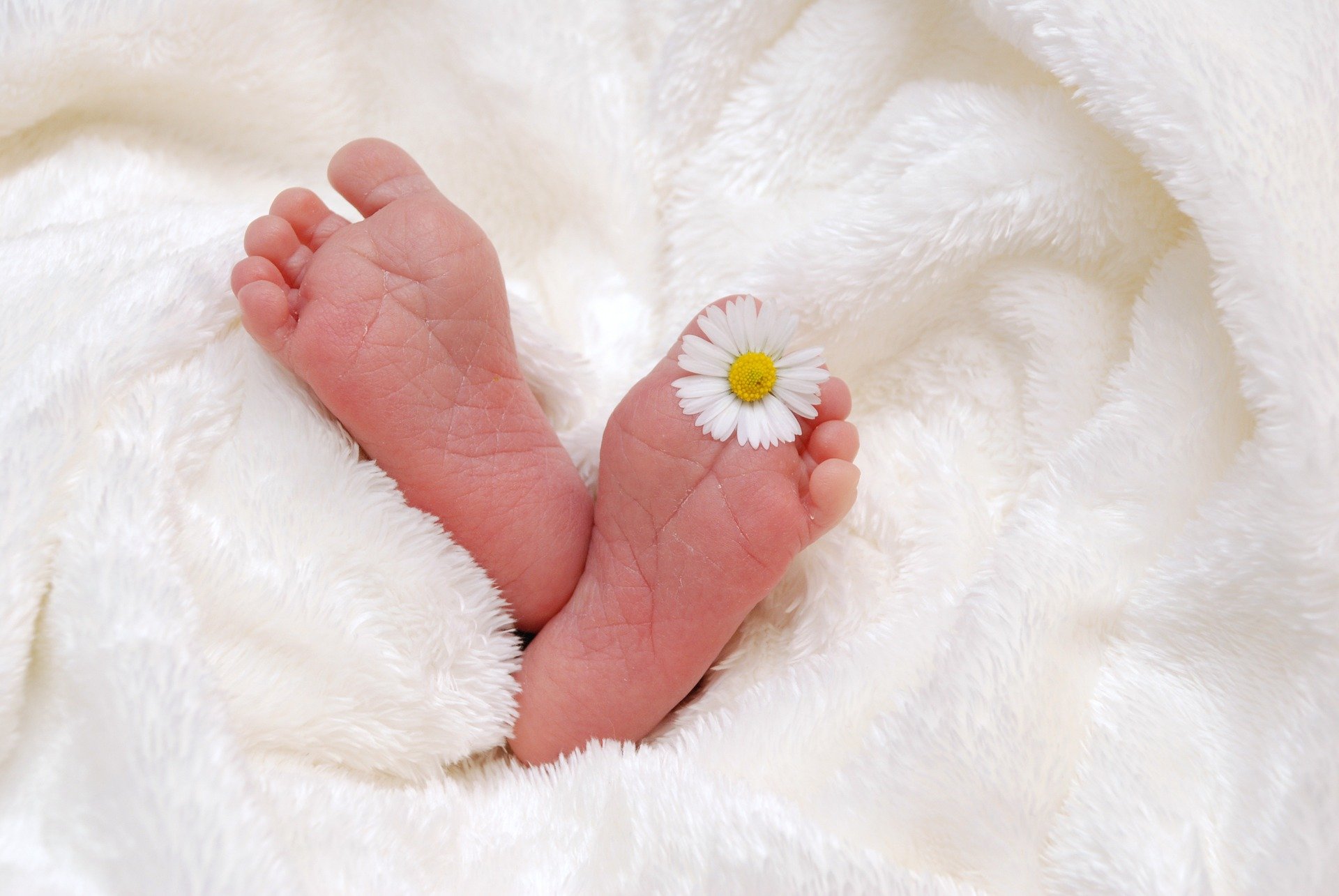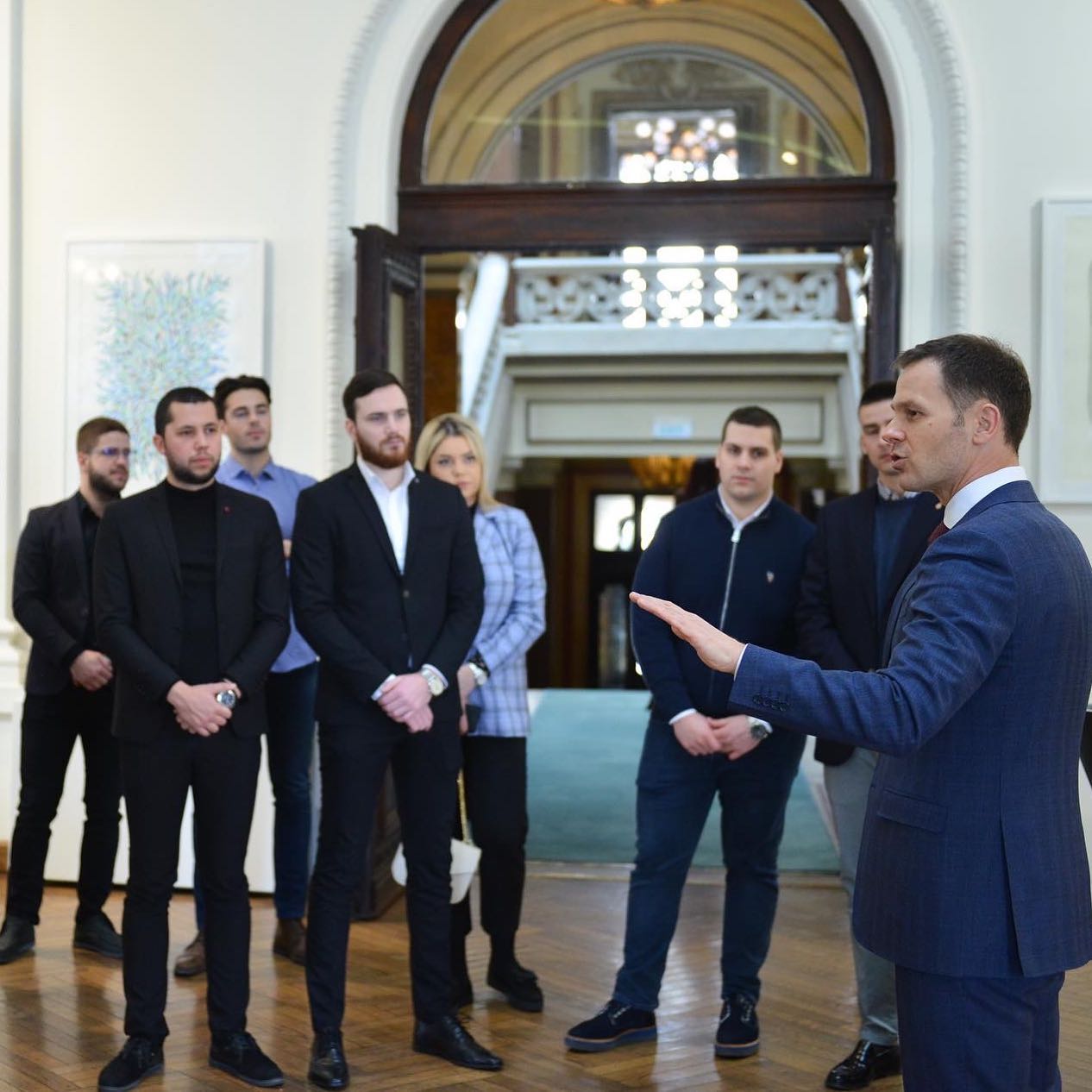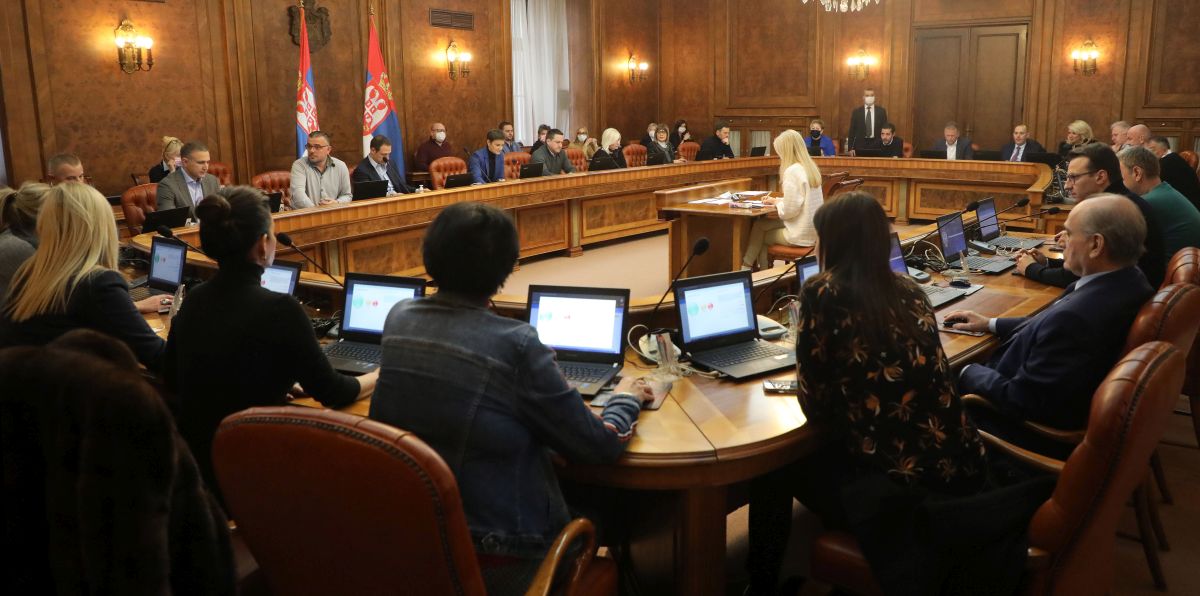
Students and families at the heart of Serbia's population stabilisation policy
The Belgrade government aims to increase child births and to encourage young people to stay in the country. In the past decade, more people have moved abroad than back to Serbia. However, the coronavirus pandemic has temporarily halted the wave of Serbian expatriates with many moving home when frequent commuting became virtually impossible due to strict entry rules imposed in some countries.
According to the figures from two years ago, Serbia lost 37,000 people in one year solely as a result of negative population growth, that is, that many more deaths occurred than births. Last year’s figures, published on the website of the Ministry of Demography, are even more dramatic: there are around 70,000 fewer people in the country. In addition, emigration has also surged, even with the slight dip seen during the pandemic, it is expected to pose new challenges for the country in the future. The ministry says financial support for families with children is essential, as is the promotion of family values on a broad scale.
One-off support and monthly allowance for families
In January this year, Serbia significantly increased the one-off child benefit for every newborn. The previous amount for the birth of the first child has been tripled to 300,000 dinars (cca. 2,500 euros). For the second and third child, the one-off allowance is 100,000 dinars (850 euros). The previous benefits remain in place as well, that is, the state pays a monthly contribution of around 10,000 dinars (85 euros) for two years after the birth of the second child and for 10 years after the birth of the third. Parents with a fourth child receive 55,000 dinars (150 euros) a month for ten years. Families are entitled to an additional amount of around 40 euros for layette. In addition to state grants, there are also provincial and municipal grants.

The Serbian government also supports housing
The Law on Financial Support for Families with Children was amended by the Serbian government at the end of last year. Changes were made not only to the amount of the subsidies, but also to the conditions for procuring a home. This support will be available to mothers who give birth after 1 January 2022, are Serbian citizens, have a permanent address in Serbia and are first-time buyers of a house or an apartment. The state contribution varies, from a minimum of 10 per cent to up to 50 per cent, which means that in some cases a family can purchase a property for half the price.
Support for families in Vojvodina
In addition to the state support scheme, people living in the Vojvodina province (in the northern part of the country) can also take advantage of other opportunities. The Vojvodina government is trying to make life easier for parents with three and four children. They can apply to buy or renovate a property, with around 230 families eligible for the support. Also, those who are expecting their third or fourth child will be able to apply for a maternity allowance – the scheme will provide the equivalent of 130 euros a month to 1,400 women.
Six points for staying in Serbia
As educated, skilled young people are being lured abroad, the Western Balkan countries fear they will be left without the necessary professionals. The Serbian government is therefore preparing to adopt a six-point package of measures aimed at providing young people with a real alternative in their home country.

Finance Minister Sinisa Mali has met with representatives of student organisations on several occasions. The suggestions stemming from these discussions have been incorporated into measures that will directly help people gain employment and make life easier for university students.
Students with the highest scores will now be offered a paid traineeship by the Serbian state. This will give the best third and fourth year students the chance to try their hand at a real workplace alongside their university studies, and get paid for it. Internships are important for young people because thus they get work experience which gives them an advantage when they finish their studies and enter the labour market.
The government is planning to introduce a student card in the country in 2023 for which all students in the country will be eligible and it will provide young people certain discounts in shops, entertainment venues and at cultural and sporting events.
The „My First Salary” programme is also being expanded in Serbia. This is a nine-month programme void of an employment status, whereby young people with secondary school education receive 22,000 dinars (190 euros) a month while those with higher education receive 26,000 dinars (220 euros) for their work. While the scheme guarantees this amount, employers can also pay the young people they employ. So far, this option has been available to young people who have already completed their studies, but there are plans to expand the programme starting in the autumn to include finishing year students. The programme aims to provide work experience for young people starting their careers and partially addresses the shortage of skilled workers.

In addition, a tailored scholarship scheme specifically for the most socially deprived will be launched, with applications open from 1 January 2023. Master’s degree students will also have the opportunity to receive funding from the state purse to cover their studies. The sixth and final measure is applies to disadvantaged students, with a dedicated amount being earmarked in the budget for the funding of their studies.

